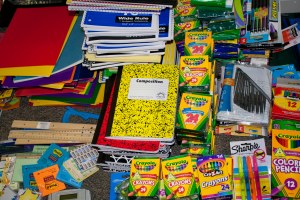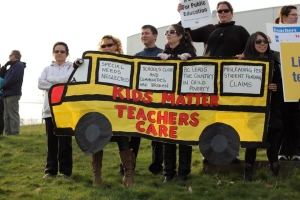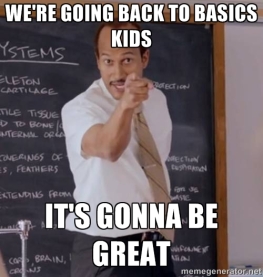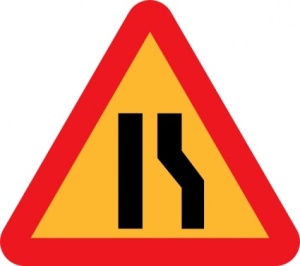This post is also published at rankandfile.ca.
It was sad this week to see Justin Trudeau’s promise to give teachers a tax credit for purchasing their own classroom supplies.
Not because it means teachers buying their own supplies is a new phenomenon, or has necessarily worsened. Teachers have always filled in gaps in K-12 education funding, sometimes to the tune of several hundred dollars a year, especially in the early years of their careers.
Rather, it’s because it legitimizes the notion that teachers should be spending money out of pocket to do our jobs.
A fanciful comparison: what if we gave nurses a tax credit if they bought their own medical supplies, or paramedics tax incentives if they paid to get the oil changed on their ambulances?
Parties (but especially the Conservatives) are often criticized for their use of “boutique” tax credits. They tend to be targeted toward their own likely voters, and at their most cynical are unrolled right around election time.
More to the point, though, the tax-creditization-of-everything removes more and more responsibility from governments to actually provide public services.
I do know some teachers who were happy about Trudeau’s announcement, and I understand why. They’re happy someone acknowledged that so many teachers spend their own money on everything from classroom art supplies to bus fare for field trips.
But have we undervalued ourselves and our work so much that we’re happy about getting back 15 cents for every dollar we spend, for things our employers should be paying for?
As teachers we should be fighting for the funding that allows us to give our kids the education they deserve. That means smaller classes, adequate supports for kids with special needs, and the necessary tools to do our jobs.
Yes, I’m aware that education is under provincial jurisdiction. But the squeeze on education budgets at the provincial level is partly the result of the federal Liberals’ deep austerity cuts to health and education transfers in the 1990s. These cuts downloaded costs onto the provinces who responded by reducing spending on public services like education.
In this context, tax credits that encourage us to keep subsidizing our own workplaces aren’t helpful.



